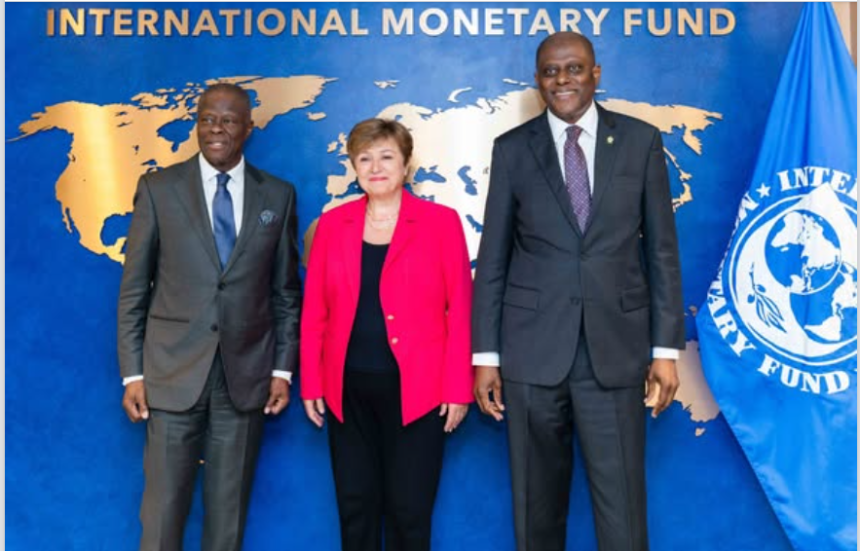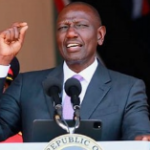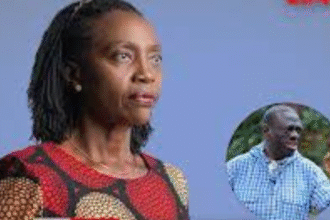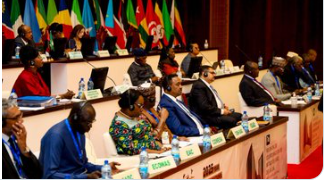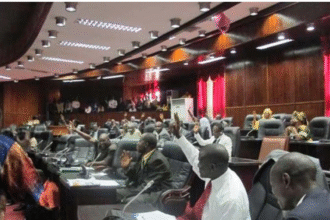By Emily Sims
Washington, D.C. – The International Monetary Fund (IMF) has issued a strong caution to the Nigerian government, warning that its revenue streams are vulnerable to global trade tensions and tightening financial conditions. The warning, delivered during the Global Financial Stability Report press briefing at the ongoing IMF/World Bank Spring Meetings, highlights the potential for a significant decline in Nigeria’s earnings from commodity exports if global demand weakens.
This comes as Nigeria grapples with dwindling revenues and rising fiscal pressure. Minister of Finance and Coordinating Minister of the Economy, Wale Edun, speaking at the Nigerian Investor Forum on Tuesday, emphasized the government’s commitment to prioritizing salary payments, pensions, debt servicing, and national security obligations.
“What do you do when your budget revenue is below expectation?” Edun said. “You have to come back down, conserve, and prioritize. That’s exactly what we have to do to ensure we maintain fiscal congruence.”
Edun also revealed that a forensic audit of the Nigerian National Petroleum Company Limited (NNPCL) is underway, following months of scrutiny over the company’s financial affairs, including a controversial N2.7tn fuel subsidy refund claim.
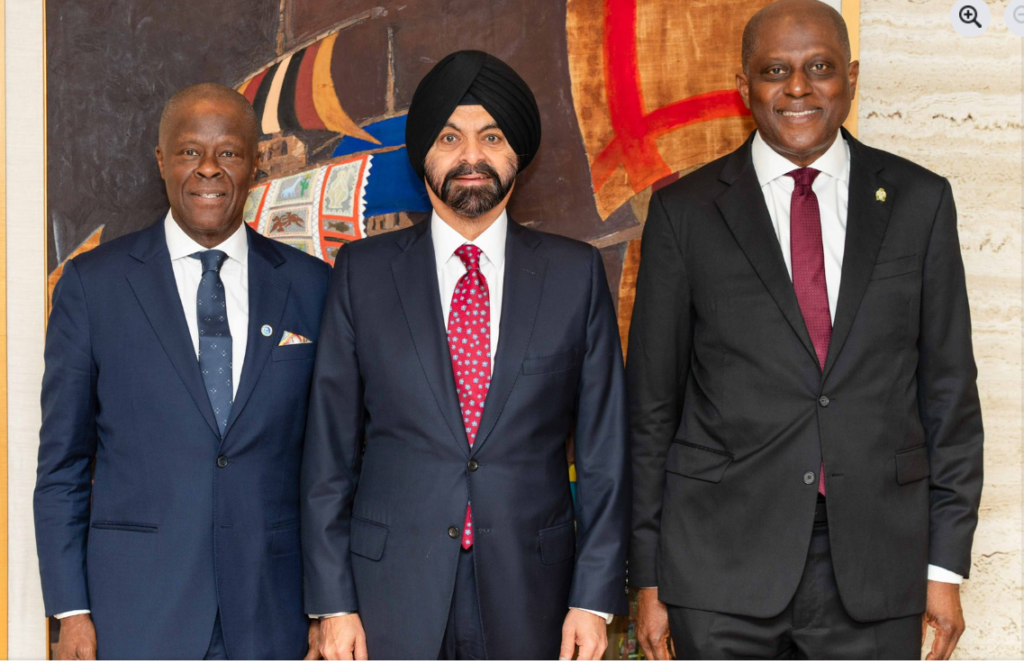
Despite these challenges, the IMF acknowledges the resilience of Nigeria’s macroeconomic indicators. Jason Wu, Assistant Director in the IMF’s Monetary and Capital Markets Department, noted steady GDP growth and easing inflation, attributing the progress to reforms implemented by Nigerian authorities, including the liberalization of the exchange rate.
“In the case of Nigeria, macroeconomic performance has held up, GDP growth has been fairly consistent, and inflation has been coming down,” Wu stated.
However, Wu cautioned that Nigeria’s heavy reliance on commodity exports—over 70% of its export earnings—exposes the country to external vulnerabilities and geopolitical developments affecting global demand for oil and gas.
“If trade tensions are going to lead to lower global demand for commodities, this will obviously weigh on the revenue that they will receive,” Wu warned, urging Nigerian authorities to remain vigilant and implement appropriate counter-policies.
The rising cost of sovereign borrowing in Africa, particularly as countries like Nigeria return to the international bond market, was also addressed. Tobias Adrian, IMF Financial Counsellor, acknowledged the severe macroeconomic shocks experienced by many sub-Saharan African countries, particularly from the COVID-19 pandemic and subsequent inflation.
Adrian reiterated the IMF’s commitment to supporting African governments through programs and policy advice aimed at restoring growth and reducing the cost of capital, emphasizing the Fund’s role as a “catalytic partner.”
Nigeria has implemented numerous reforms in the past year, including the removal of fuel subsidies and the unification of exchange rates. While these measures have been positively received, the IMF’s call for vigilance underscores the challenges that remain.
The Fund’s latest projections indicate a narrowing current account surplus for Nigeria, reflecting declining oil prices, rising import costs, and capital flow challenges. At the same time, inflation remains elevated, with the IMF expecting an average rate of 26.5% in 2025 and a further increase to 37% in 2026.
Policymakers face the critical task of controlling inflation, ensuring investor confidence, and protecting vulnerable Nigerians from the impact of rising prices and ongoing economic adjustments while navigating an increasingly uncertain global economic landscape.


